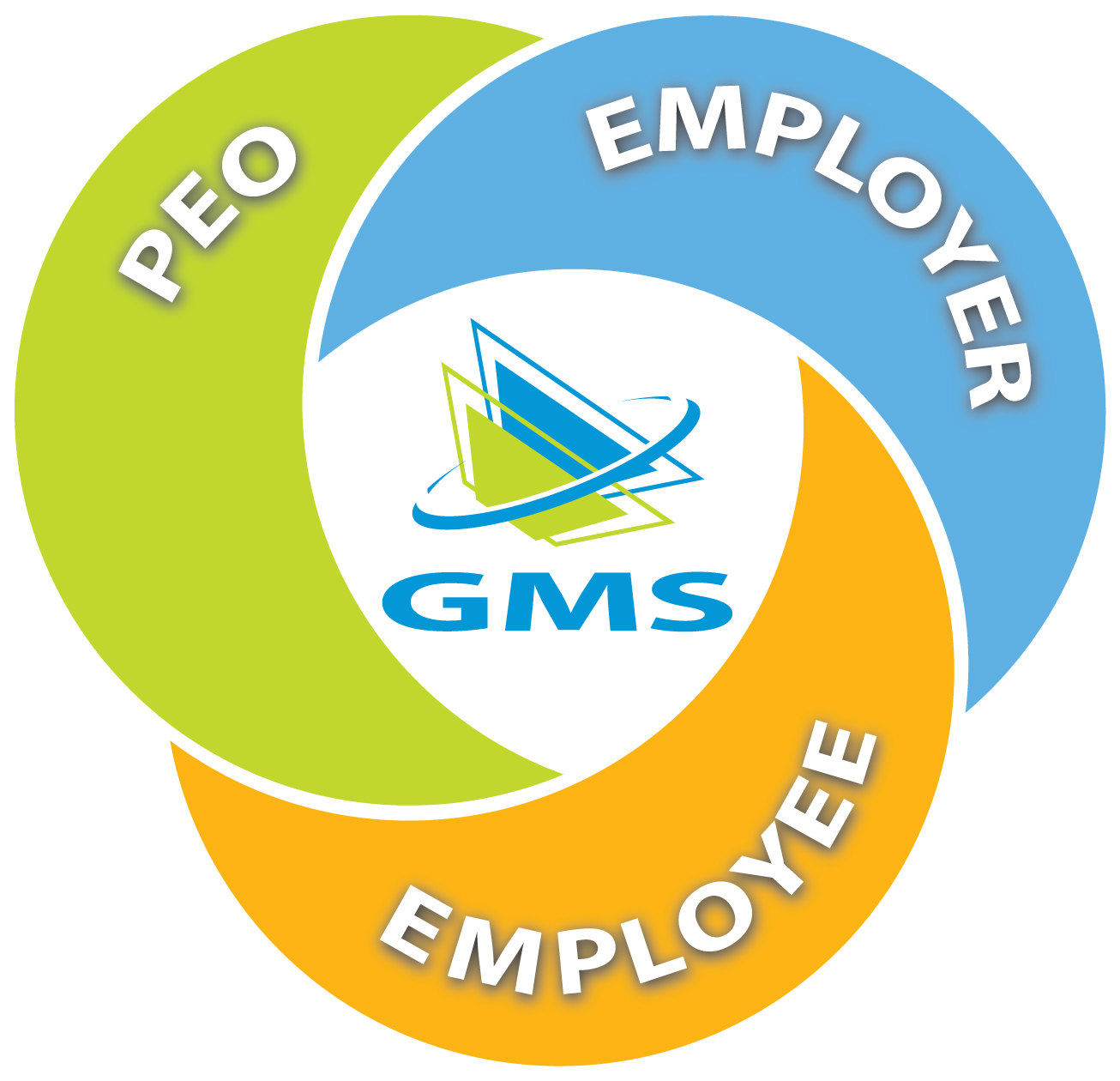It’s likely that as a small business, you don’t have a dedicated HR team. You may divide the tasks amongst a group of people, you may spend your nights and weekends making sure you’re keeping up to speed on the various HR regulations out there, or, even worse, you ignore it all together and just ‘wing’ HR management.
If you find yourself spending more and more time dealing with HR functions and less and less time growing your business, you have a couple options: hire a professional employer organization (PEO) to handle the tasks for you, or hire someone dedicated to the management of your HR needs.
Of course, we’d love it if you chose the option of hiring a PEO, but if you opt for hiring an HR manager, we’ve compiled a helpful list of 8 traits you should watch out for.
 [more]
[more]
8 Traits of Effective Small Business Human Resource Managers
1. Strong Communication skills
HR managers must have the ability to interact with a variety of audiences – from executives, all the way to job applicants. More importantly, effective HR managers must be able to listen and take into consideration everything from employee concerns and comments about the workplace to executive speeches about strategy.
2. Organized
HR managers need to be quick and organized in order to keep up with ever-changing regulations. Organized files, strong time management skills, and personal efficiency are key to managing a company’s HR responsibilities.
3. Fair & Ethical
Basic principles such as fairness and equality are the foundation for fair employment practices, and it takes a clear understanding of employment and labor laws to support compliance with laws that regulate the workplace. HR managers are also the keepers of highly confidential information. You must trust that they will handle confidential information appropriately and never divulge it to any unauthorized person.
4. Compassionate
HR managers will have to deal with sensitive issues. Whether it’s employee termination, employee leave due to medical issues, or issues surrounding workplace harassment; the HR manager will need to possess compassion and empathy in order to effectively navigate these tricky situations for the company.
5. Multitasker
HR managers, especially at small businesses, often wear many hats and are placed in the position of recruiter, benefits administrator, payroll processor and more. Balancing each of these responsibilities is essential and can lead to stress in the workplace…
6. Balance stress management
While some stress is common, HR managers shouldn’t feel overwhelmed or burdened to the point that their productivity suffers. Having a plan to deal with stress will help maintain a healthy work-life balance. Some tips to reduce stress include: take a deep breath or get up and walk around, adding plants to the office (lowers noise levels), reduce interruptions and keep spaces organized.
7. Comfortable dealing with grey areas
HR managers deal with many issues that are “in the grey area”. Discrimination, harassment, “reasonable” accommodation are just a few of the areas that HR managers have to be able to act with incomplete and “best available” information. It’s also key to know when it’s time to seek the professional help of colleagues, attorneys, and other experts.
8. Skilled conflict manager
You may have noticed that not everyone gets along when they work together. In order to be productive, people must be able to at least work together civilly, and HR has to find ways to make that happen. As an HR professional many new and uncharted problems will come your way so a keen problem-solving ability is necessary.
What traits make your HR manager a superhero? Or what do you look for in a super HR manager? Share with us in the comments below.

